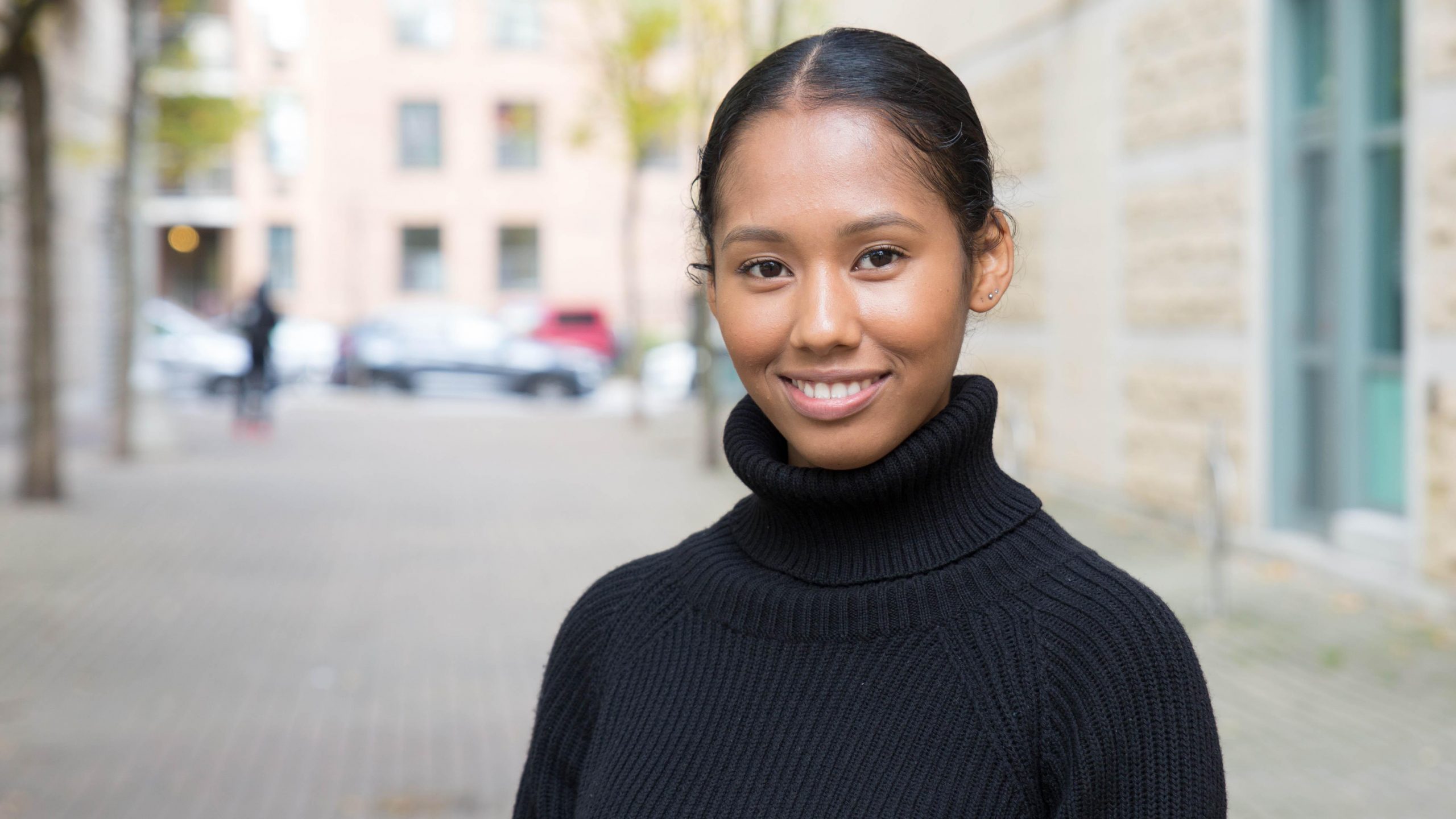In a series called International Voices, we speak to students who’ve left their country to study at Ryerson. We’ll explore their struggles and experiences as they discover life in their new home
By Ania Bessonov
For many university students, tuition is one of the unavoidable obstacles of post-secondary education. With high fees and limited time to work, it’s a common complaint year-in and year-out.
That’s the case for international students, just three times the cost.
Minzi Wataoka left her mother in Nagoya, Japan in 2008 to come to Canada alone and pursue her studies. After finishing high school, she enrolled in the psychology program at Ryerson University.
The Canadian government has tackled the tuition issue for local students through government loans, grants and scholarships, but for international students, the financial assistance isn’t as accessible.
As an international student from Japan, Wataoka faces $24,731 to $27,869 in tuition fees each year. But that’s not the hardest part for her. Two years ago, Wataoka switched her major from psychology to journalism, which pushed back her expected graduation date and inevitably doubled her already extremely high tuition fees.
Because journalism is a specialized program at Ryerson, classes imperative for graduating are sometimes only offered once a year. To even take these classes, students need certain prerequisites. Without them, it’s difficult to enrol in a full course load, which means the student could be stuck in school for more years. This is exactly the case for Wataoka.
She says her biggest stressor was whether her mother would be able to continue paying her international fees from Japan. “I was worried for my mom and whether she would be able to afford more years of my schooling,” said Wataoka.
By 2018, she will have been at Ryerson for five years and will have spent approximately $139,345 on tuition.
It’s difficult to consider what other students would do if they were in this position. For international students like Wataoka, taking advantage of extended degrees and program switches is difficult with the tumultuous fees they pay every year.
“Even if we had access to grants or loans it would be easier, but we don’t,” says Wataoka.
There are a total of three scholarships available to international students as opposed to the 43 university-wide awards available to everyone else. That includes the entrance scholarship as well.
For students like Wataoka, Toronto is a home of multiculturalism that accepts individuals from all over the world. Despite being born and raised in Japan, Wataoka faced racism because of her mixed nationalities. For her, studying in Canada meant leaving the racism behind to hopefully stay in a country she says she “belongs in.”
However, with international students paying triple the fees for extending their study time, it’s hard to experience the inclusivity they have so long sought after.













Leave a Reply